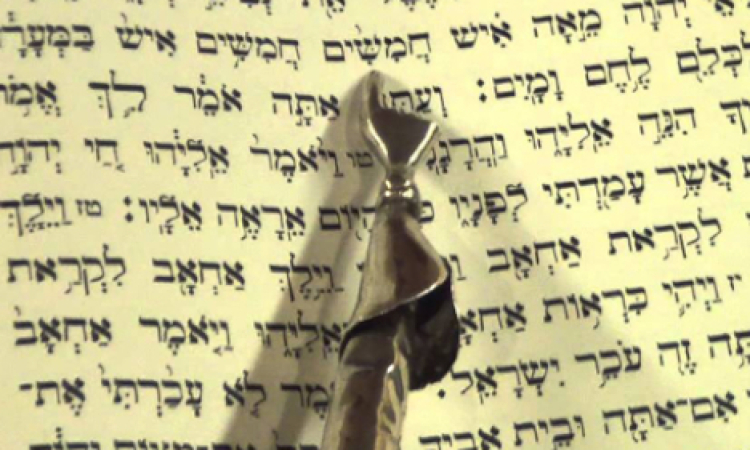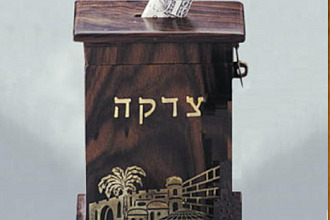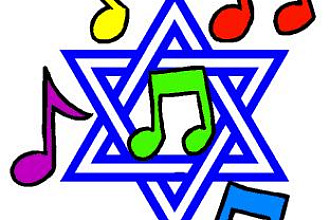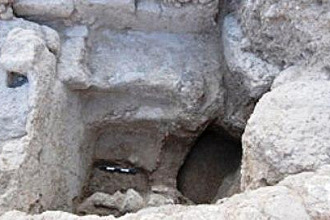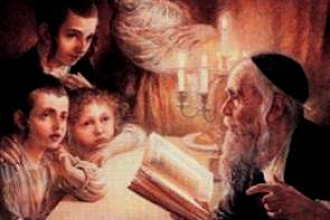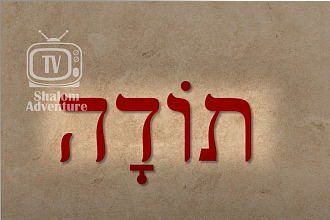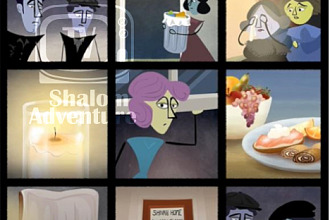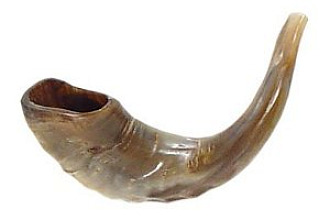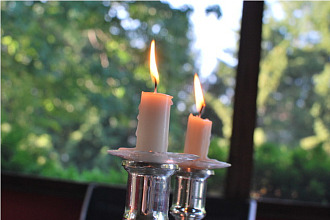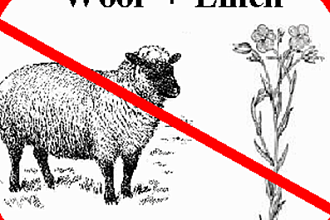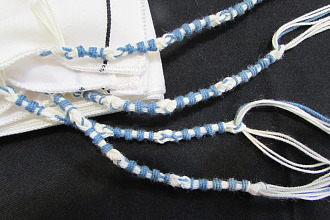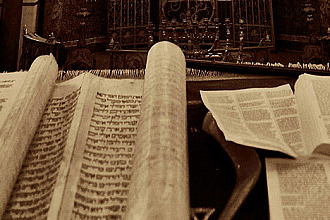הפטרה (Haftarah), the name given to the reading from the Prophetic books which follows the Torah reading.
This custom is so old that its origin is unknown and even the derivation of the name is far from certain.10. It is thought to come from the Hebrew root patar which can mean either to end or to open up. Most people take it to mean that this the last reading just before the end of the service. However, there are some who think that the prophetic reading was deliberately chosen to link up with the subject matter of the scroll reading.
A preacher could then use the prophetic text to elaborate on the meaning of the Sidra, in much the same way as many of the midrashim use a supplementary text to open up or bring out a meaning from the primary text. Many of the Haftarot contain a name, phrase, subject matter or style, which seem to link with the Sidra (portion for the week). In the 14th century CE it was suggested that the prophetic readings started when oppressors forbade the reading of the Torah11., while yet others suggest that the reading was introduced to counter the views of the Samaritans, who regarded only the Pentateuch as holy12.. It has also been suggested that the Pharisees introduced the reading of the Haftarot to counter the view of the Saducees who laid great emphasis on the Torah.
The choice of Haftarot has never been universally accepted by all Jewish communities. In the early period when the Palestinian and Babylonian Jews used different cycles of readings of the Torah, their haftarot were also different. Today there are still a few differences between the readings used by Ashkenazim and Sephardim on some weeks. While communities in Israel do not read the haftarot which diaspora Jews use for second days of festivals, as they do not observe second days.
The person who reads the Haftarah is called Maftir, and is often called up for the last portion of the scroll reading.
(10.) Early references are: Acts 13, 15, Tosefta Megillah 4, 1, and Megillah 4, 10.
(11.) Abudraham.
(12.) Beuchler.
Originally found here

